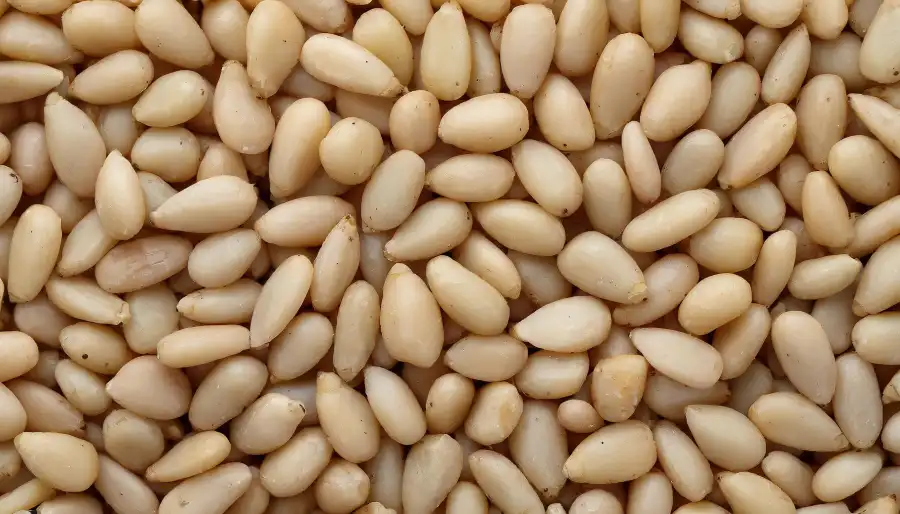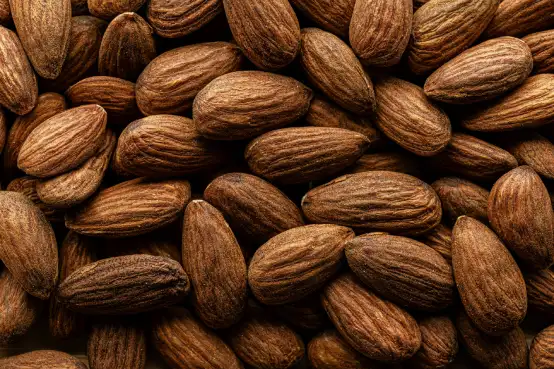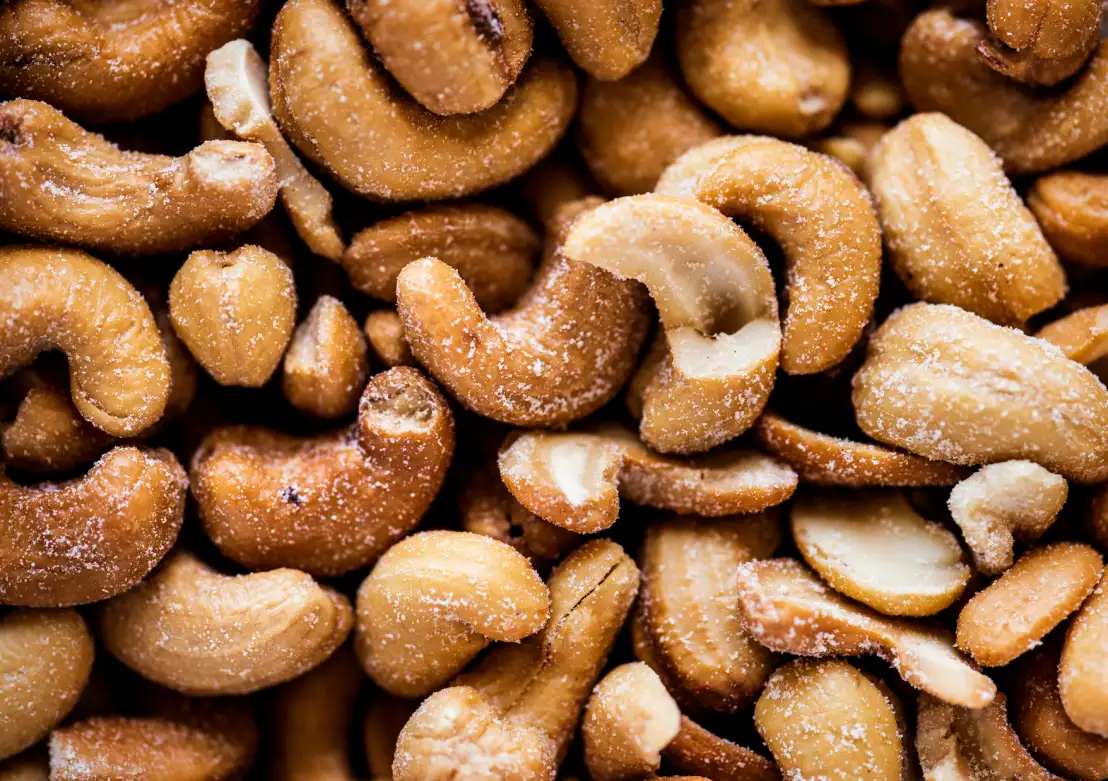
From the mountainous forests of China to the Mediterranean groves of Italy and Turkey, pine nut suppliers bring one of the most delicate and premium tree nuts to kitchens and factories worldwide. On Nutrada, buyers can connect directly with trusted wholesale and private label pine nut suppliers offering raw, roasted, or organic-certified formats for food manufacturing, retail, and foodservice use.
Pine nuts come from specific pine trees. They are collected from mature cones through a careful process. These small, teardrop-shaped nuts have a creamy texture and a rich, buttery taste.
Pine nuts are often used in sauces and pesto. They are seen as delicate and valuable. Their small size and soft texture make them different from other nuts like walnuts and pecans. However, based on oil content they show similarities with macadamias and brazil nuts.
Pine nuts come in different types. The two main types that dominate the market are:
Pine nuts are available in various forms:
Pine nuts are hard to obtain and can spoil easily because of their high oil content. So, careful handling and packaging are important to keep them fresh.
Pine nuts are usually picked between September and October. The exact timing depends on the type of tree and the weather. Pine cones take about three years to grow before they can be collected, either by hand or by drying and breaking them open.
Unlike farm-grown nuts, pine nuts often come from wild or less-managed areas. This means that the harvest can be affected by weather, how easy it is to reach the trees, and how well pests are controlled. Pine nuts are usually more expensive because it is hard to grow them and requires a lot of workers.
The main countries that produce pine nuts are:
Pine nut production is greatly influenced by climate. Many regions find it hard to boost production due to slow tree growth and environmental limits.
Pine nuts have been popular in Middle Eastern, Asian, and Mediterranean cooking for a long time. Now, they are becoming more popular as a fancy plant-based ingredient. However, climate change and pest problems are affecting the supply of pine nuts.
Nutrada connects businesses with certified suppliers of pine nuts. These nuts are available in large amounts, both raw and roasted. Manufacturers on Nutrada have important documentation like specifications sheets and certificates of analyses available on request.
Pine nuts in bulk are supplied to wholesalers, pesto makers, and snack producers looking for a tasty and strong ingredient. Suppliers on the Nutrada network offer vacuum-sealed 25 kg bags with various origins. The regular shelf life of pine nuts is 12 to 20 months when kept cool and dry.
Buyers should keep in mind that the nuts can oxidize, prices may change, and longer lead times can happen due to the complex harvesting process.
Private label pine nuts are great as 'topping' and healthy snack. Nutrada helps businesses create private label options through various suppliers who offer custom packaging sizes. 'Full service' options like labeling, compliance, and logistics can be requested per supplier.
Organic pine nuts are cultivated without the use of synthetic inputs and come certified by organic-agriculture programs. Nutrada connects buyers with certified organic pine nut suppliers across the world.
Because of their limited availability and the thorough certification involved, organic pine nuts are generally priced 25–35% higher than conventional pine nuts.
If you are making a pesto sauce, or a healthy product, Nutrada can help you find reliable pine nut suppliers from China, Turkey, Italy, and other places. You can compare supplier certifications, where the nuts come from, and the quality of the nuts, all on one platform designed for food ingredient buyers.

